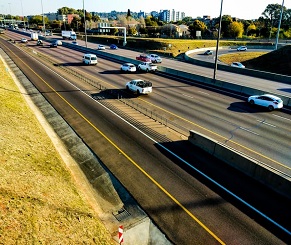
FOR THE COMMUNITY
Partnering with the South African Police Service and other Law Enforcement Agencies, we work towards a safer Sector 4 Area.



ABOUT US
What we do. . .
The Community Policing Forum (CPF) is a body mandated by Sections 18 to 23 of the South African Police Service Act No. 68 of 1995 and the SAPS Interim Regulations for Community Police Forums and boards. The Sinoville CPF (SCPF) is established under the Sinoville Police station and is divided into 4 Sectors.
More members are always required as we have an exponential amount of growth within our region.
| Emergency Numbers | |
|---|---|
| Service Provider | Contact Information |
| SCPF Sector 1 | 071 509 6830 |
| SCPF Sector 2 | 079 025 5001 |
| SCPF Sector 4 | 074 133 4353 |
| SBBV / SFFA | 071 409 9251 |
| Sinoville Crisis Centre | 012 543 9000 |
| SAPS Radio Control | 10111 |
| SAPS Sinoville | 012 543 8800 |
| TMPD Sinoville Control | 012 358 2124 |
WHAT WE DO
FOR THE COMMUNITY
The role of the South African Police has changed dramatically in the post-1994 era (democracy). Accompanying the move to Community Policing, has come a greater sense of accessibility of the SAPS to the public, with community members looking to the police for help with a range of problems, some of which are not crime related.
In South Africa the creation of Community Police Forums (CPF) is a legal obligation for every police station in the Country. The establishment of CPF’s provided the communities the opportunity to engage with their local police station on a regular basis. This had improved accountability and policecommunity relations. It should be noted that the responsibility of the establishment and maintenance of CPF’s rests squarely with the station commissioner of each police station. This places the responsibility of the successful implementation and management of Community Policing firmly with the police service.
BENEFITS
WHY JOIN THE CPF?
A stronger community through joint operation
- Stronger police-community cooperation at grassroots level
- Influence law enforcement and policy decisions
- Working together with civic associations, other government departments and community representatives within a specific neighbourhood, can strengthen and empower local residential networks and encourage selfhelp initiatives

